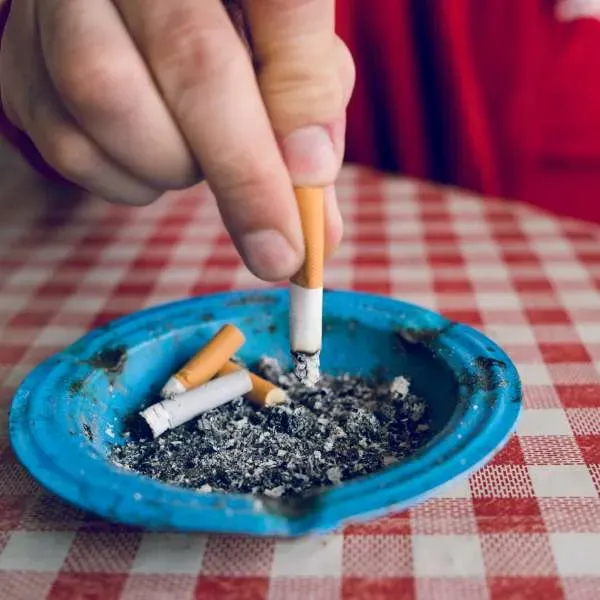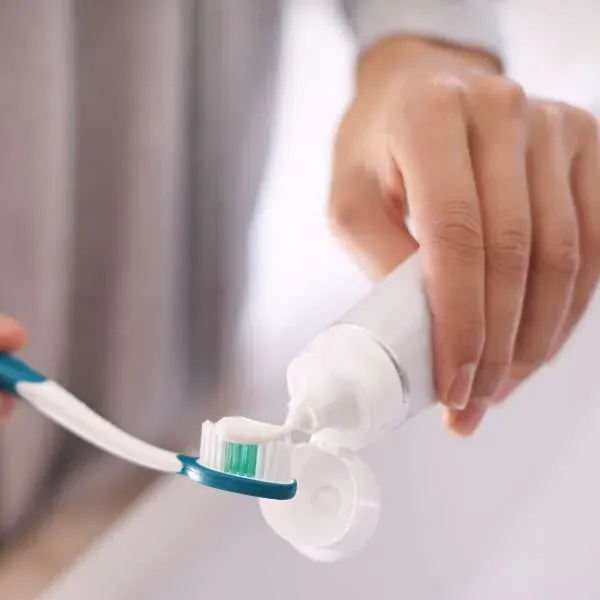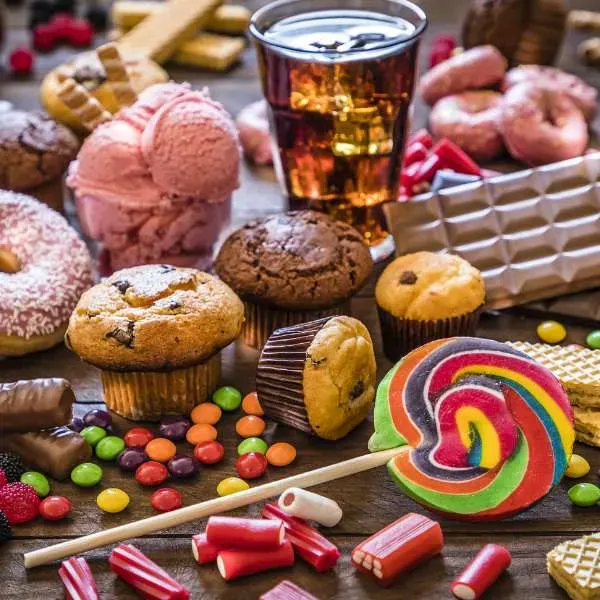Infection of the ear, nose or throat
Ear, nose and throat (ENT) infections can result in a postnasal drip. The bacteria in your mouth feeds on the mucus produced in this drip, resulting in bad breath.
Dry mouth
Saliva has an important job: flushing bacteria and leftover food particles from your mouth. When you have dry mouth, your saliva is not there to do its job. So the bacteria and food debris begin to break down, resulting in a bad odor.
Smoking, nicotine and tobacco products
The nicotine in tobacco products can dry out your mouth. And as we’ve just mentioned, dry mouth equals bad breath. Smokers are more likely to get gum disease, also adding to bad breath.
Coffee, alcohol and other caffeinated drinks
Another culprit of bad breath, these types of drinks can also cause dry mouth. Be sure to drink plenty of water to help.
Chronic health conditions
Diabetes, gastric reflux, liver and kidney disease are all chronic health conditions that lead to bad breath. Additionally, medications for chronic health conditions can also cause dry mouth as a side effect.
Bad dental hygiene
This one may be a given, but bad oral health habits can result in bad breath. Good dental hygiene consists of brushing your teeth twice a day, flossing once a day, brushing your tongue and rinsing with mouthwash.
Diet
If you have a lot of sugar in your diet, this affects your breath because sugar helps bacteria multiply at a quicker rate. You won’t be surprised to know pungent foods, such as garlic and onions, are bad breath offenders, too. If you are concerned about your breath, it’s important to be aware of these types of food.
You may also like …
4 min read










